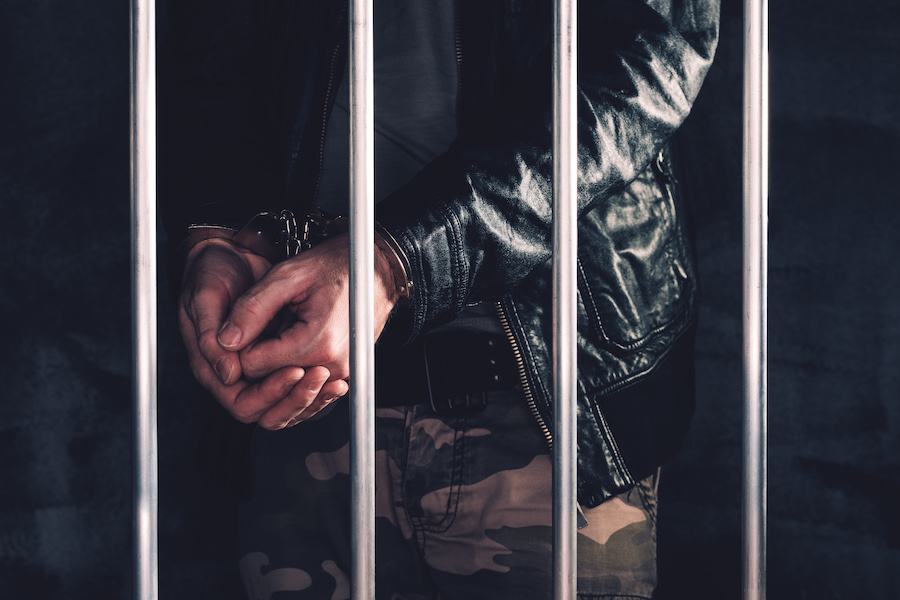Encouraged To Follow BC’s Steps
Although Canada is known for being a refugee haven given its welcoming and multicultural policies, thousands of people are incarcerated on immigration-related grounds every year, including people fleeing persecution, seeking employment, or residing in the country for years. However, the facilities are usually filled with refugee claimants, victims of human trafficking, or survivors of torture. Between April 2019 and March 2020, around nine thousand people, including 138 infants and children, were in Canadian immigration detention.
Even though immigration detainees are detained for non-criminal purposes, they are subjected to some of the most restrictive conditions of confinement, including maximum security jails and solitary confinement.
Why are immigrants even being detained? There are a few reasons for that.
CBSA has the right to detain a person, both a foreign national and a permanent resident if they have grounds to believe that the person is a danger to the public and doesn’t showcase their identity in a satisfactory way to the immigration officer (foreign nationals only). Detention can also happen if a CBSA officer at a port of entry has reasonable grounds to suspect an individual is inadmissible because of security concerns, human rights violations, or criminal activity.
So, how does that work?
In cooperation with provincial governments, CBSA (Canadian Border Services Agency) has the right to detain a person, following an arrest, at one of its Immigration Holding Centres. Until now, the holding centres could be found in Laval, Toronto and Surrey.
British Columbia Ended Immigration Detention
Canada is one of the few countries in the world that doesn’t have a time limit for incarceration, meaning that a person can be detained for months, or even years. This can be a danger to their mental health and social skills, especially if they are being mistreated, which of course, the majority of people rightfully see as a violation of human rights. The rise in complaints regarding the detention centres and the #WelcomeToCanada campaign encouraged British Columbia to end immigration detention last month. They ended their arrangement with CBSA saying that it “doesn’t align with its stance on human rights”.
Connected to this is also Bill C-20, a bill the Canadian government brought to set light to transparency and accountability of Canada’s law enforcement and border services institutions. By enacting a new standalone statute called the Public Complaints and Review Commission Act, Bill C-20 is supposed to help ensure public trust and respond to transparency gaps in law enforcement. It’s also supposed to investigate public complaints, or even review a complaint made to CBSA.
While this bill is a step forward in the right direction, it’s still failing to track children that were separated from their parents and the border. NDP immigration critic Jenny Kwan is very vocal on this topic and is encouraging the federal government to simply follow British Columbia’s example, and put an end to detention in general.
The #WelcomeToCanada campaign is slowly bringing more attention to this and is currently working on inspiring Quebec and Nova Scotia to end their collaboration with CBSA and end immigration detention as well, which – if successful – might push the federal government in the right direction.

